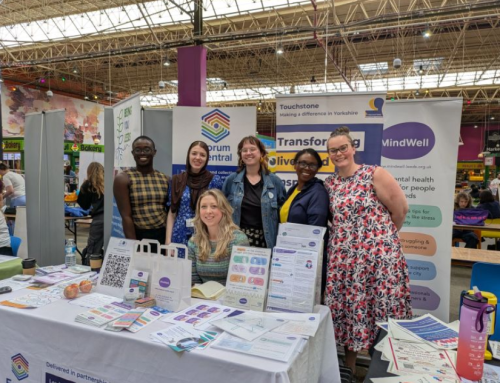Written by Quenby Harley – Community Health Development Analyst – Data & Intelligence.
Loneliness has always been difficult for me. While I enjoy time to myself as much as the next person, the feeling of being lonely or isolated is one of the main triggers for my depression. Building and maintaining connections to other people is absolutely crucial for my own mental wellbeing. It’s great to see this all too relevant issue highlighted this Mental Health Awareness Week.
When I lived by myself I could go days at a time without having a meaningful conversation, or even hearing my name spoken aloud. When you don’t have that support network around you it can be so easy for your mental health to fall apart. Humans are social creatures by nature, we are not designed to live in isolation but as part of communities. In the modern world there are sadly far too many people who slip through the cracks – ending up profoundly lonely even when surrounded by people. I should know, I used to be one of them.
That’s one of the reasons I’m proud to be part of a service like Mentally Healthy Leeds – a lot of our work is centred around this very issue. As a community development organisation we try to support communities and help people connect with one another. The spaces we create for service users to come together and spend time with other people can be a vital part of maintaining mental health and building resilience to the challenges the world throws at us.
So this Mental Health Awareness Week take a moment to reflect on what connections are important in your life. And remember, none of us have to face this alone.






